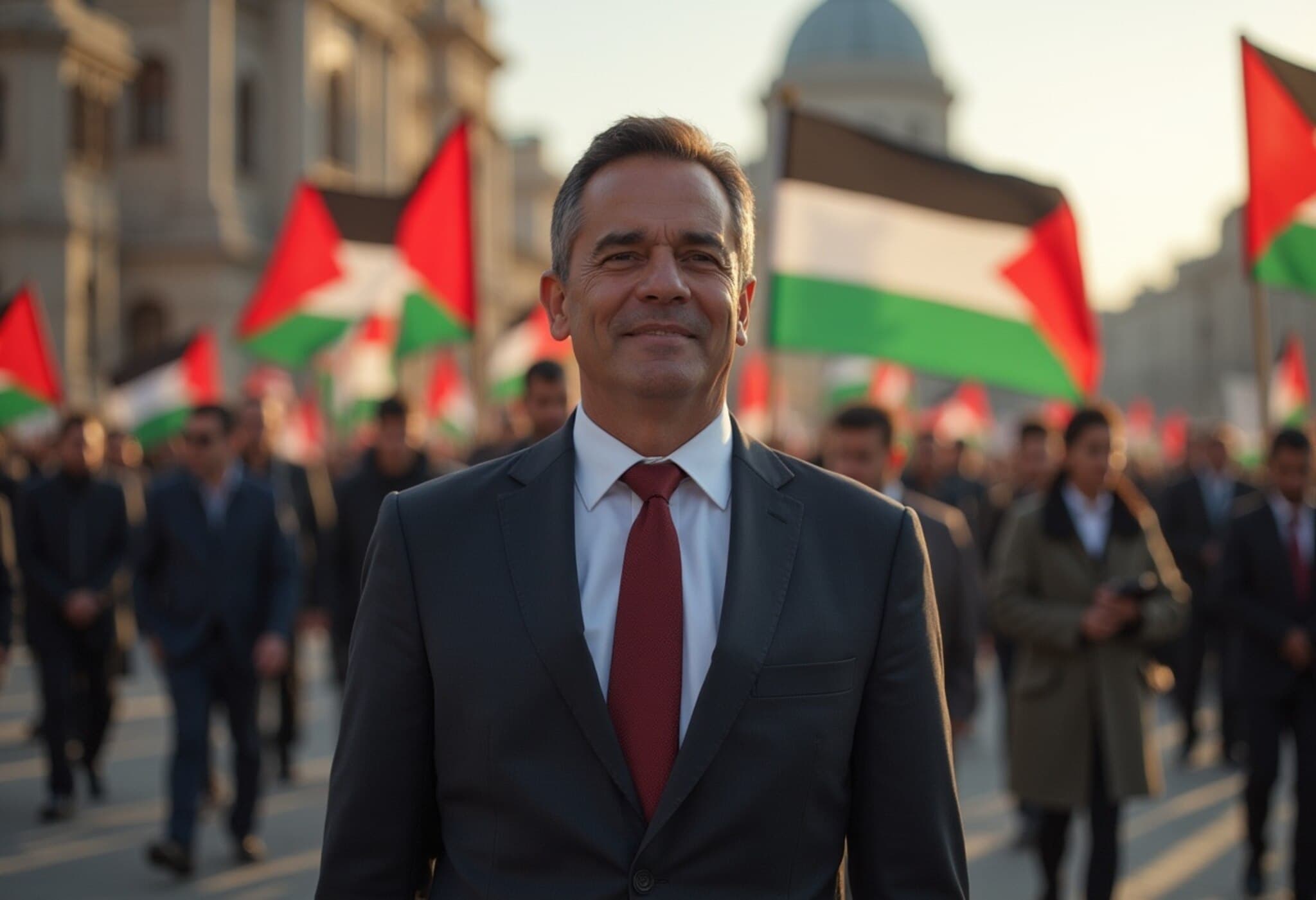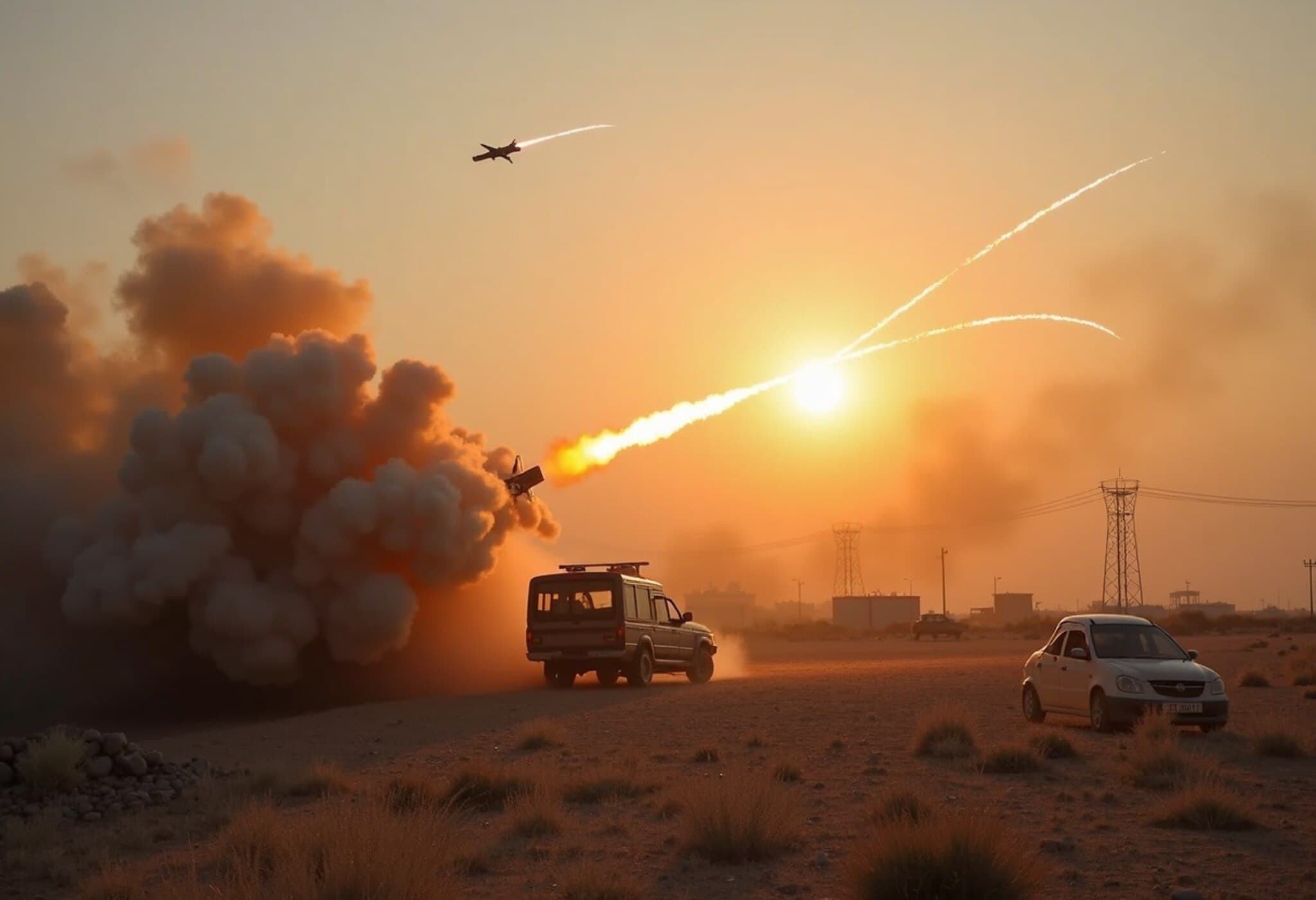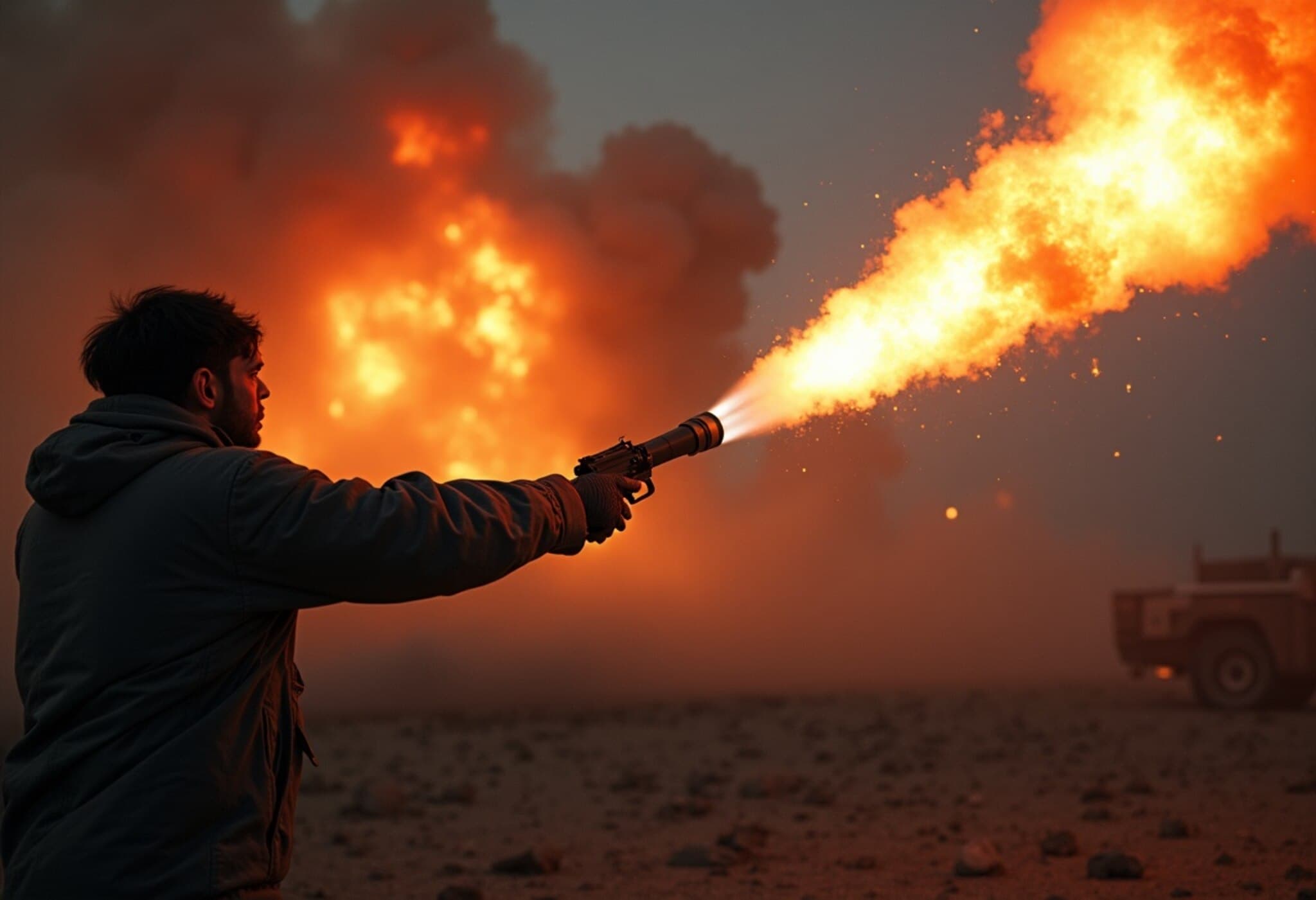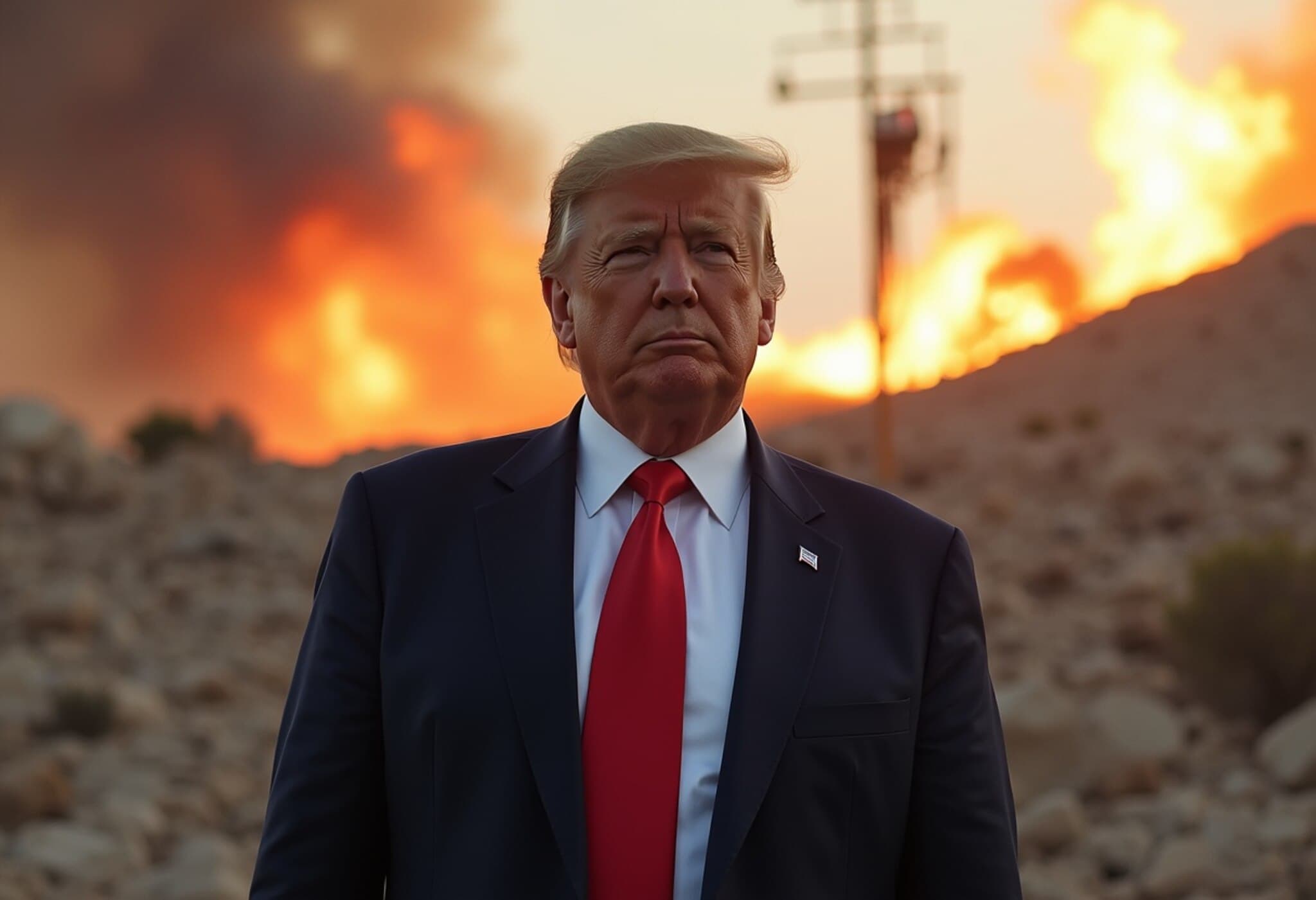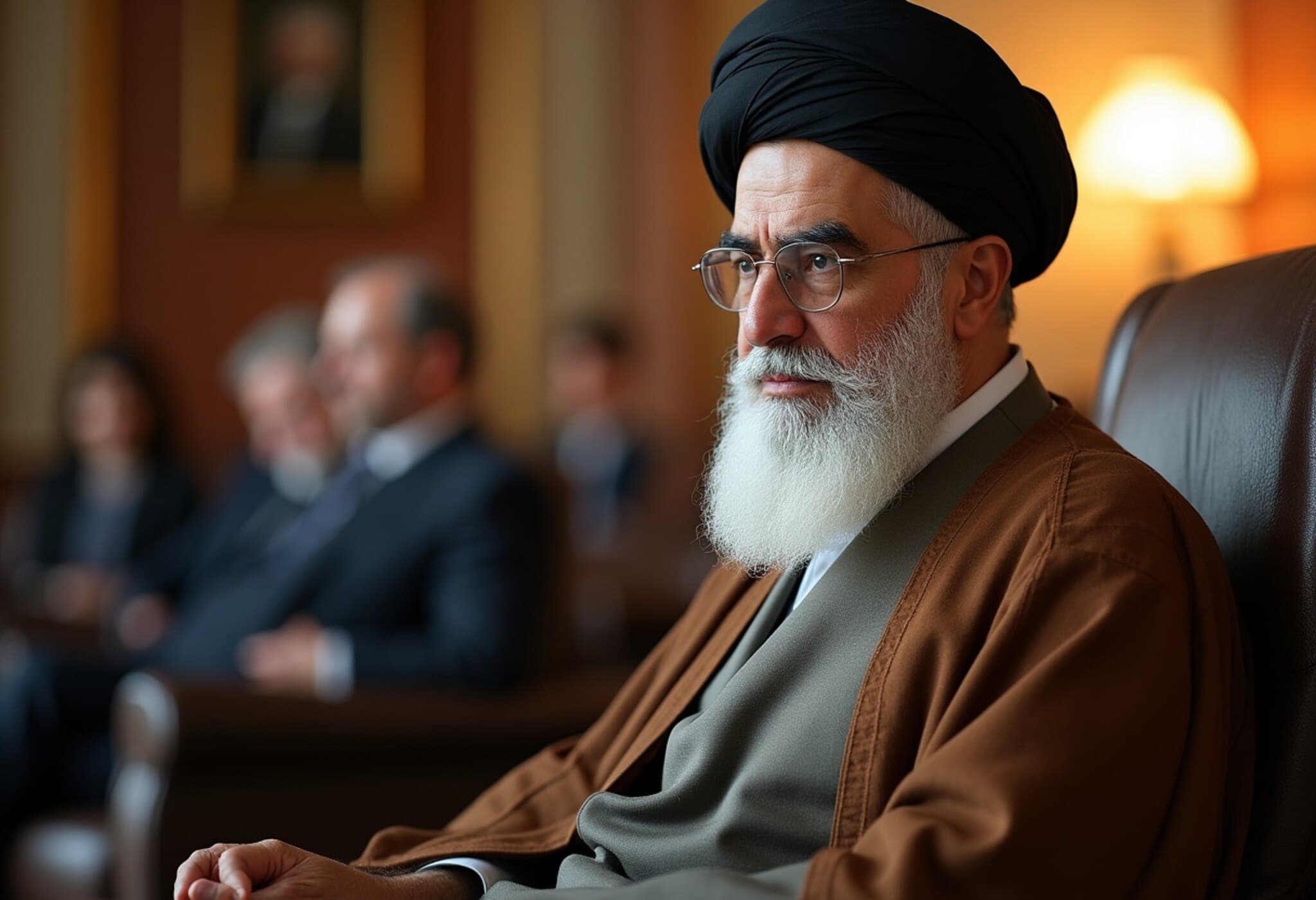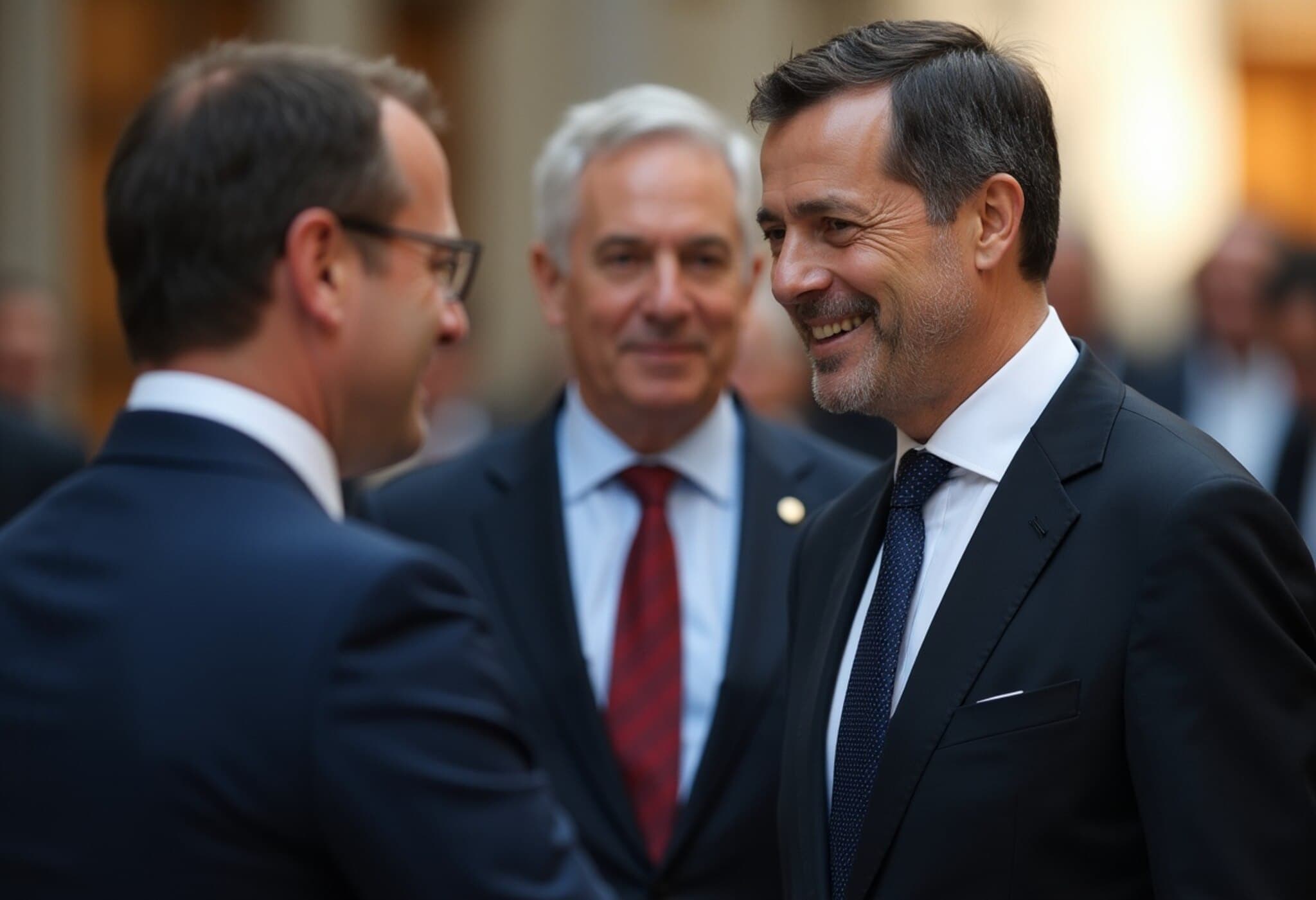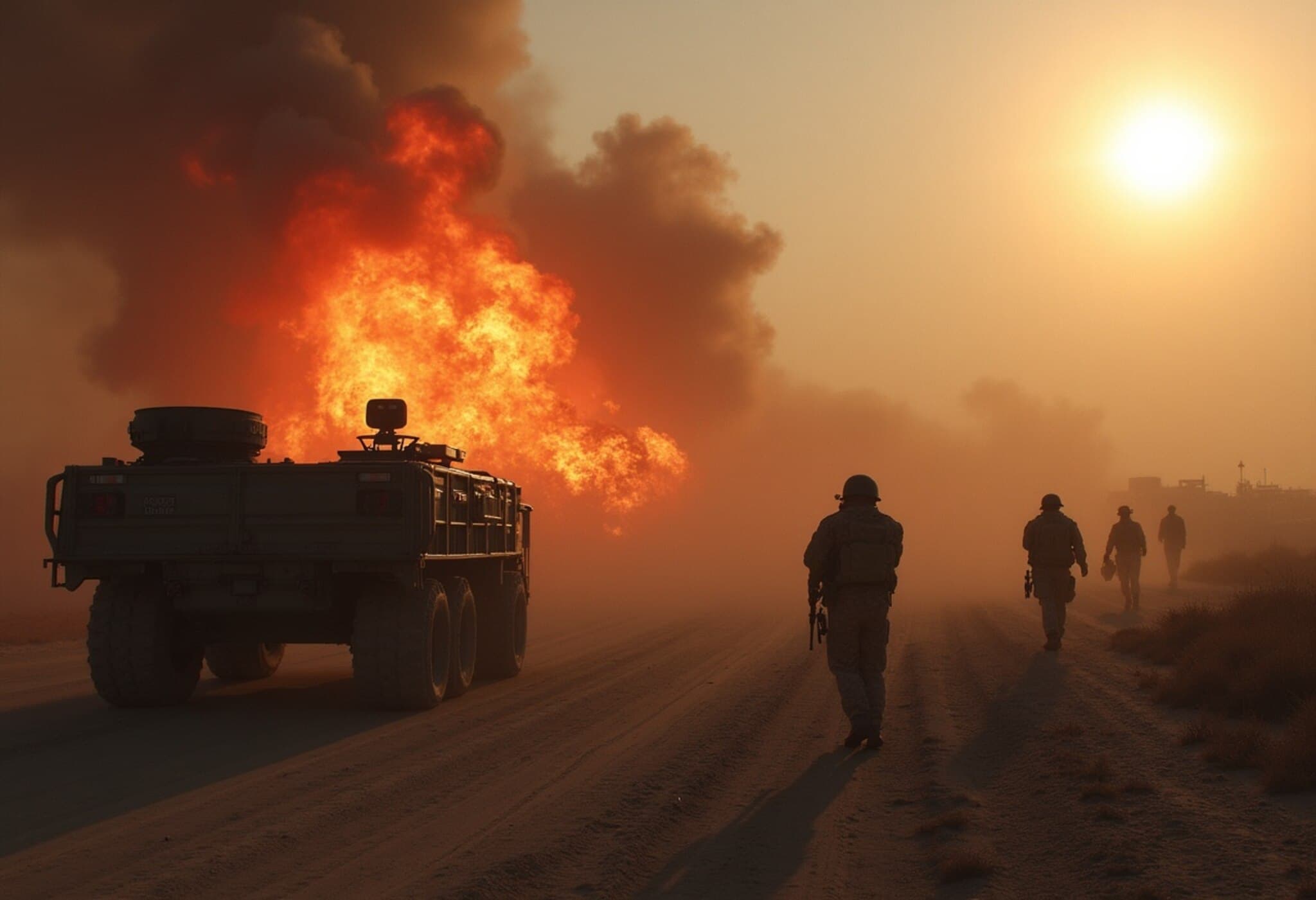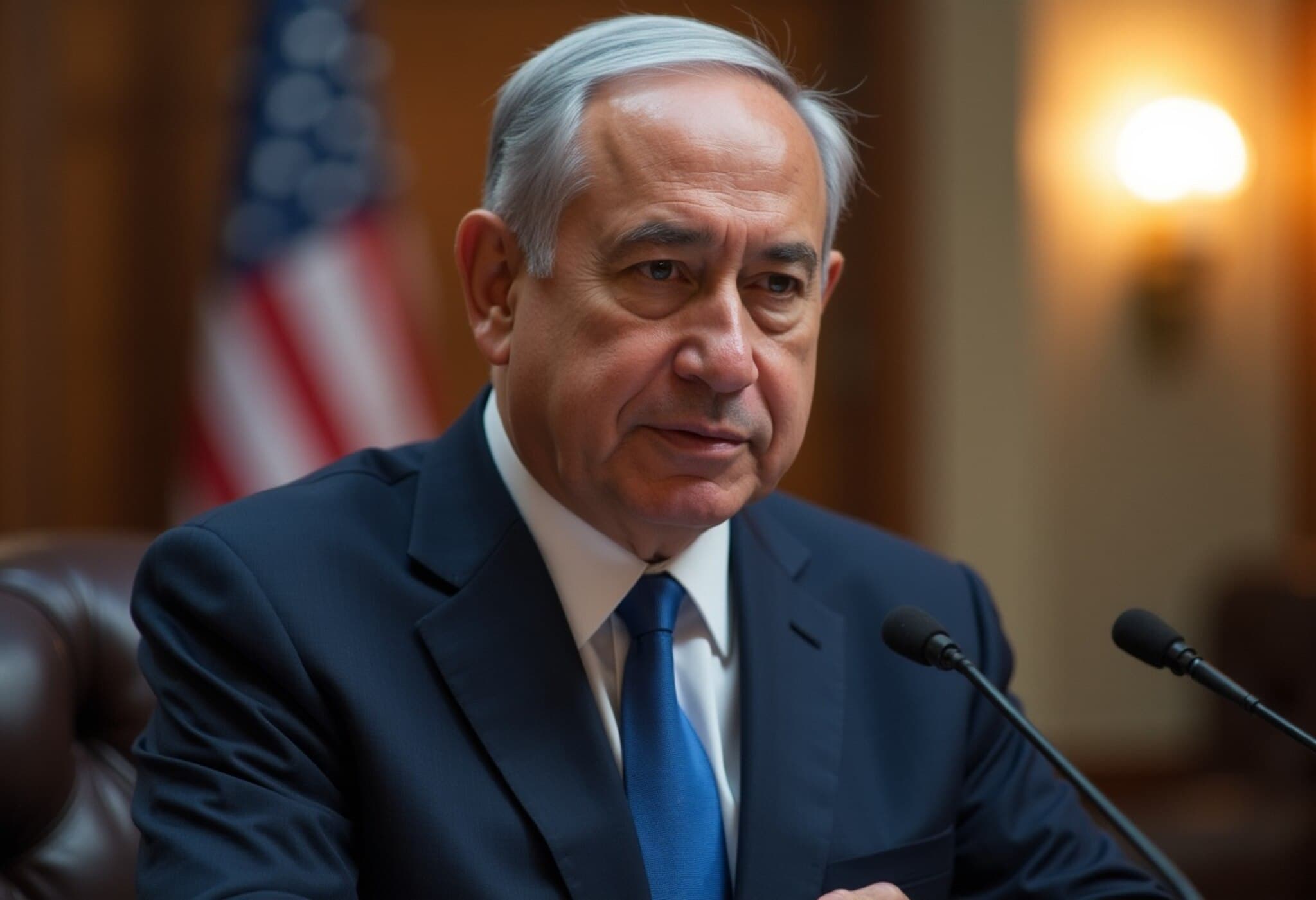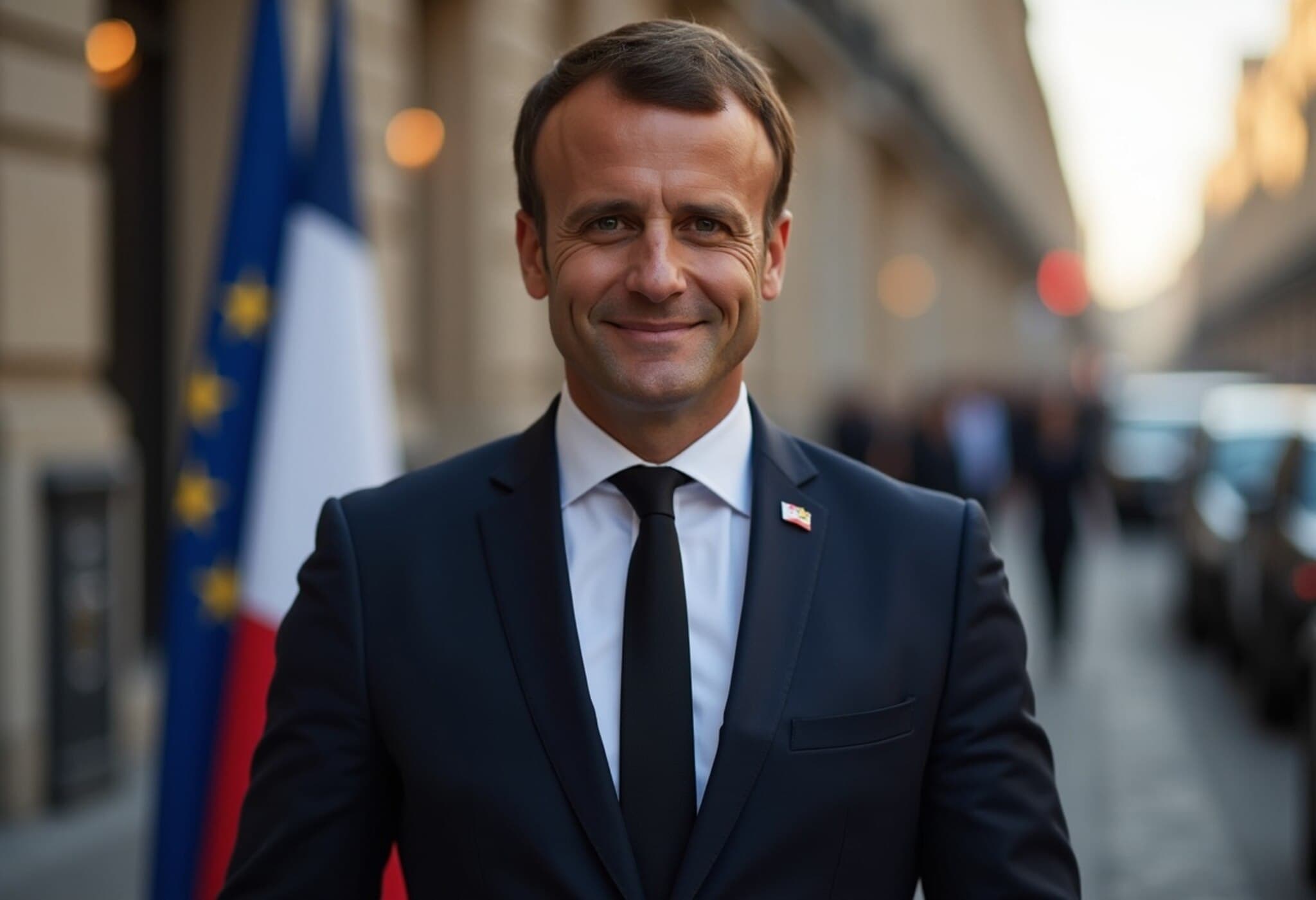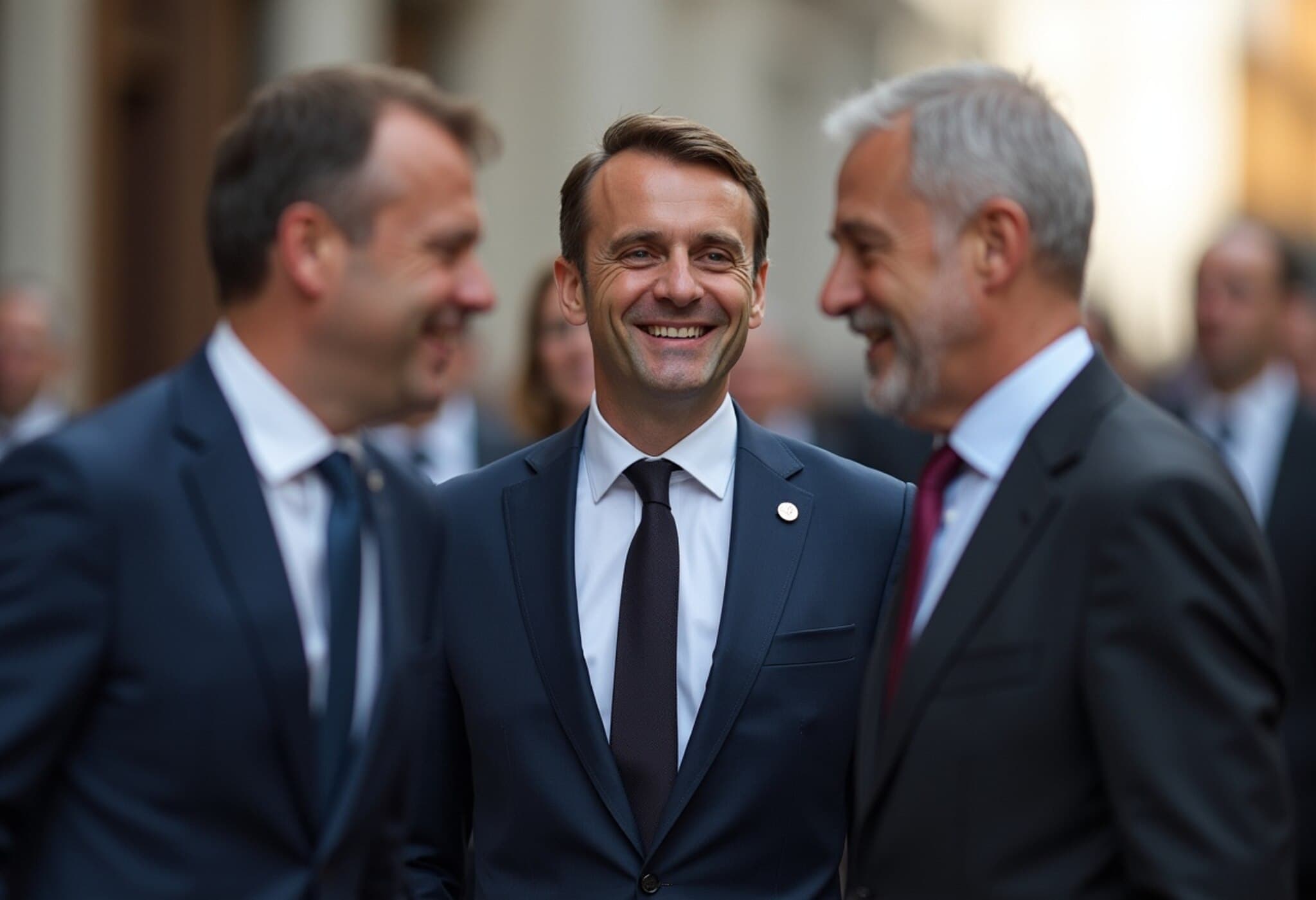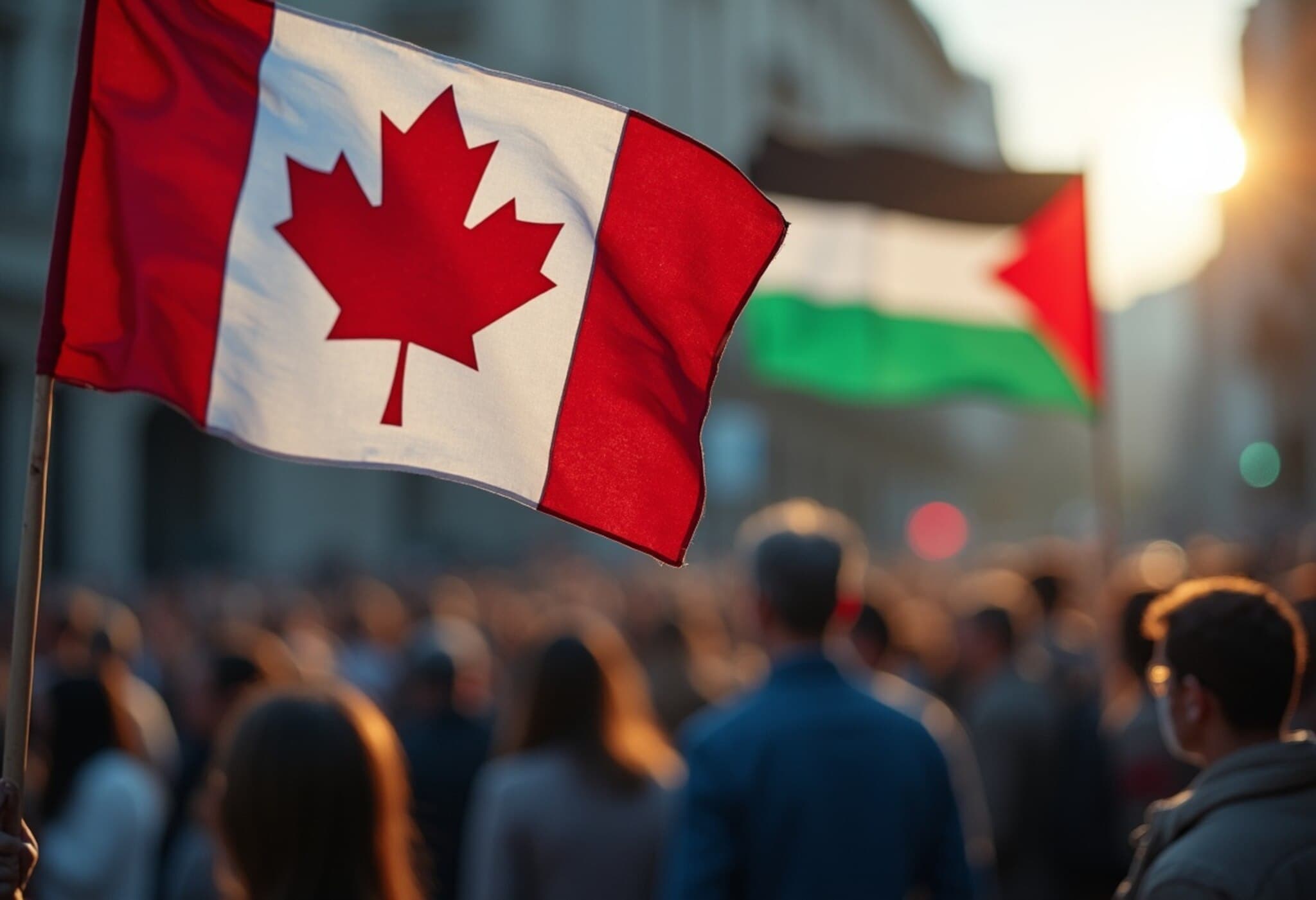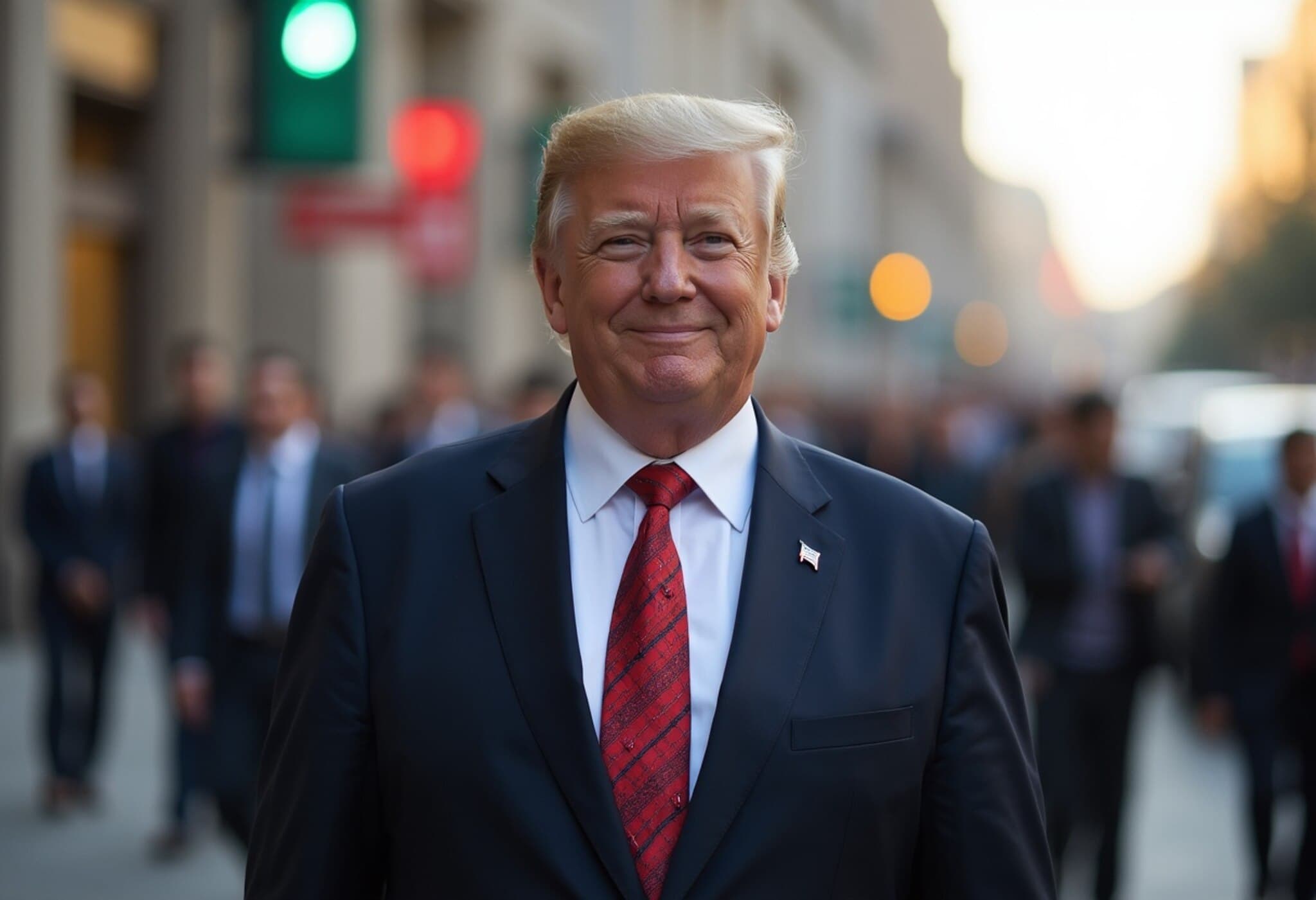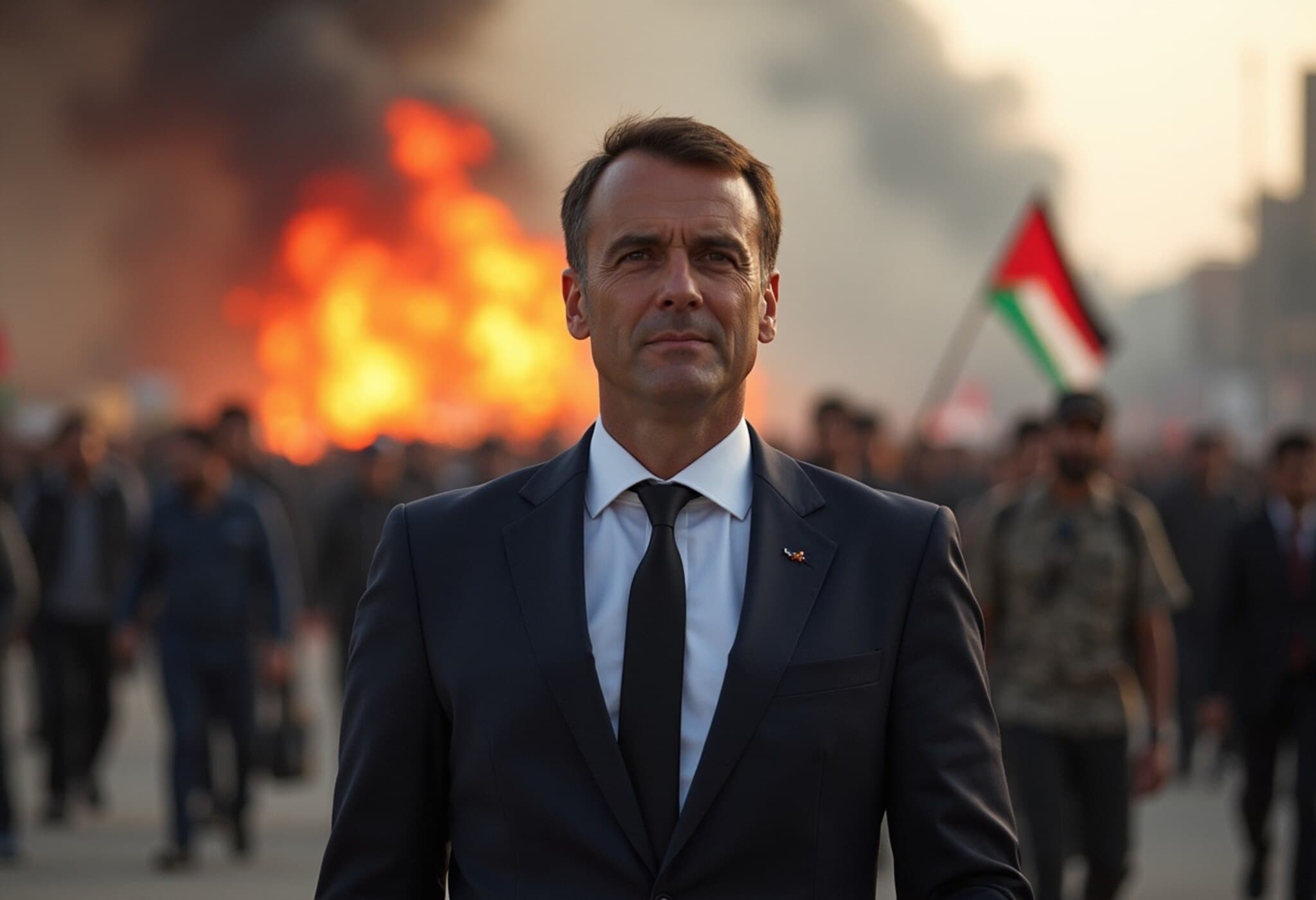European Leaders Convene Amid Gaza's Deepening Humanitarian Crisis
In a pivotal diplomatic development, the leaders of the UK, France, and Germany engaged in a high-level discussion on Friday focusing on the escalating hunger crisis in Gaza. This urgent dialogue follows French President Emmanuel Macron's bold announcement that France intends to formally recognize a Palestinian state, marking the first major Western nation to take such a step.
France’s Historic Move and Diverging European Paths
Over 140 countries globally, including several European states, have already acknowledged Palestine's statehood. However, France’s decision carries significant weight, as it is poised to become the first G7 member and Europe’s most populous nation to extend official recognition. President Macron plans to solidify this stance at the upcoming United Nations General Assembly in September.
Contrastingly, Germany has maintained a cautious position. The German government emphasized that recognition of Palestine should be an outcome of comprehensive peace negotiations, stating, “there are no plans to recognise a Palestinian state in the short term.” This reflects Berlin’s strategic balancing act—supporting peace efforts while preserving strong ties with Israel.
Similarly, British Prime Minister Keir Starmer has affirmed the inalienable right of Palestinians to statehood but stopped short of immediate recognition. Starmer emphasized his intent to collaborate closely with Macron and German Chancellor Friedrich Merz to avert further violence and address critical humanitarian needs, particularly food access.
Domestic Pressures and Political Dynamics in the UK
Within the UK, Starmer faces mounting pressure from his own Labour Party. Influential figures such as Health Secretary Wes Streeting advocate swift recognition to preserve what they describe as “while there’s still a state of Palestine left to recognise.” Labour MP Emily Thornberry, chair of the Foreign Affairs Committee, echoed calls for proactive engagement, viewing Macron’s initiative as a potential catalyst for renewed peace negotiations.
Humanitarian Toll in Gaza Spurs Urgent Calls for Action
The humanitarian plight in Gaza has become increasingly dire, with reports confirming that malnutrition and hunger have caused child fatalities. Aid organizations continue to warn of worsening food shortages amid ongoing conflict. This crisis has compelled Israel’s closest allies to reassess their positions and response strategies.
Germany, traditionally a staunch supporter of Israel, has recently criticized the Israeli military’s actions in Gaza as “unacceptable,” indicating readiness to escalate diplomatic pressure if conditions fail to improve, although specific measures remain undisclosed.
The UK government has already enacted initiatives such as suspending certain arms exports to Israel, halting free trade discussions, and imposing sanctions on far-right Israeli ministers and settlers. Nevertheless, parliamentary voices call for more decisive action to support Palestinian rights and address humanitarian suffering.
Geopolitical Repercussions and the US Factor
While France’s announcement signals a potential shift within Western diplomacy, both Israel and the United States have expressed strong disapproval. Prime Minister Starmer is expected to navigate this diplomatic tightrope carefully, especially with an imminent meeting with US President Donald Trump during his visit to Scotland.
Regional experts, including Yossi Mekelberg from Chatham House, suggest that Macron’s strategic timing—deferring formal recognition until September—might offer a window for other countries, particularly the UK, to deliberate similar recognition moves, potentially building momentum towards broader international consensus.
Looking Ahead: Challenges and Opportunities
- Renewed international pressure could revive stagnated Israeli-Palestinian peace talks.
- Recognition of Palestine by Western powers may alter diplomatic alliances and influence aid distribution.
- Domestic political pressures in Europe and the US could reshape foreign policy decisions on the Israeli-Palestinian conflict.
Editor’s Note
The recognition of Palestine by France underscores a growing divide within Western powers on how to address centuries-old conflicts in the Middle East. While humanitarian concerns in Gaza intensify, political calculus remains complex, influenced by historical alliances and geopolitical interests. As countries like the UK and Germany weigh their next moves, the global community faces pressing questions: Can newfound momentum translate into meaningful peace efforts? What responsibility do Western nations bear in mitigating human suffering amid protracted conflict? And, crucially, how might this recognition shape the fragile path toward a two-state solution? These developments warrant close attention, as their ripple effects may redefine diplomatic engagement in the region for years to come.

